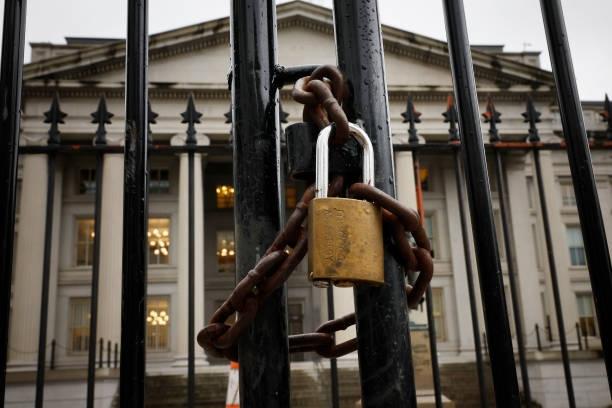The practice of “debanking,” the exclusion of individuals or businesses from the financial system, has emerged as a significant concern in 2024, particularly within the burgeoning creator economy. While traditionally employed to mitigate financial risks posed by certain industries, debanking has expanded its reach, targeting crypto founders, independent creators, and even individuals with specific political viewpoints, sparking accusations of biased application and censorship. This practice, with its roots in the controversial Operation Choke Point initiative, raises significant questions about fairness, access, and the future of economic growth.
The historical precedent for debanking lies in Operation Choke Point, a government program launched during the Obama administration that aimed to restrict access to financial services for businesses deemed “high-risk,” such as firearm dealers and legal marijuana dispensaries. While justified as a measure to combat illegal activity, critics argue that Operation Choke Point overstepped its bounds, unfairly targeting legitimate businesses and setting the stage for the current wave of debanking, now referred to as Operation Choke Point 2.0. This expanded iteration of debanking targets individuals and companies associated with cryptocurrency, certain political affiliations, and emerging tech startups, prompting prominent figures like Marc Andreessen to voice concerns about its potential to stifle innovation and economic growth.
Debanking represents a significant threat to the rapidly expanding creator economy, a sector projected to contribute half a trillion dollars to the global economy by 2027. This rapidly evolving landscape encompasses online content creators, influencers, and digital entrepreneurs who rely heavily on online platforms and financial tools to monetize their work and build their businesses. By denying these individuals access to essential financial services like bank accounts, payment processing, and insurance, debanking effectively shuts them out of the formal economy, hindering their ability to operate, grow, and contribute to overall economic prosperity. This chilling effect on innovation and entrepreneurship could have far-reaching consequences, particularly for younger generations deeply embedded in the digital world.
The implications of debanking extend beyond individual creators and impact the broader financial technology (FinTech) ecosystem. Platforms like Stripe, which facilitate payments for millions of creators, find themselves caught between the demands of their users and the restrictive policies of their banking partners. These underlying financial institutions, often large traditional banks, wield significant influence over which businesses can access financial services, effectively holding the reins of the creator economy. This dynamic highlights the inherent tension between the innovative spirit of FinTech and the established regulatory frameworks of traditional finance. Venture capitalists, recognizing the immense potential of the creator economy, are actively investing in this space, further emphasizing the need for a supportive and accessible financial infrastructure.
Addressing the challenges posed by debanking requires a multifaceted approach that balances regulatory oversight with the need to foster innovation and economic growth. The Fair Access to Banking Act, proposed legislation aimed at ensuring fair and equitable access to financial services for law-abiding businesses, presents a potential solution. By mandating that financial institutions provide services to compliant businesses, regardless of industry or political affiliation, this act could help level the playing field and protect creators from discriminatory practices. Furthermore, clear, transparent, and easily understandable regulations are crucial for empowering entrepreneurs and fostering a thriving creator economy. This includes streamlining regulatory processes, providing accessible resources and guidance for navigating financial compliance, and establishing clear guidelines for permissible activities within the digital economy.
The future of the creator economy, and by extension, a significant portion of overall economic growth, hinges on the ability to address the issue of debanking. By fostering a supportive financial ecosystem that promotes innovation, entrepreneurship, and access to essential financial services, policymakers and industry leaders can unlock the full potential of the creator economy. Ignoring this growing sector risks stifling innovation, hindering economic growth, and disenfranchising a generation of digital creators who are poised to drive the economy forward. Therefore, it is imperative that the financial system adapt to the rapidly evolving digital landscape, providing clear, fair, and accessible pathways for creators to participate fully in the modern economy. The alternative is a significant loss of economic potential and a chilling effect on the innovative spirit that drives economic progress.

